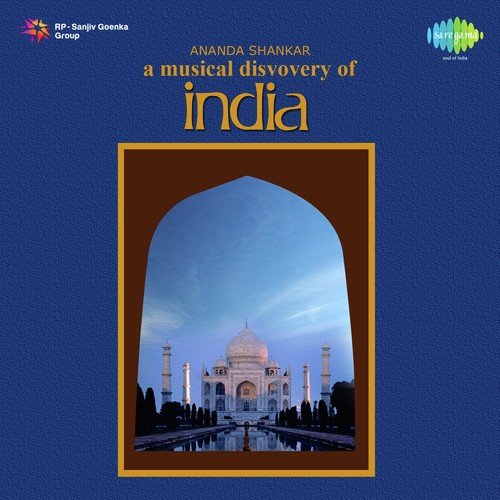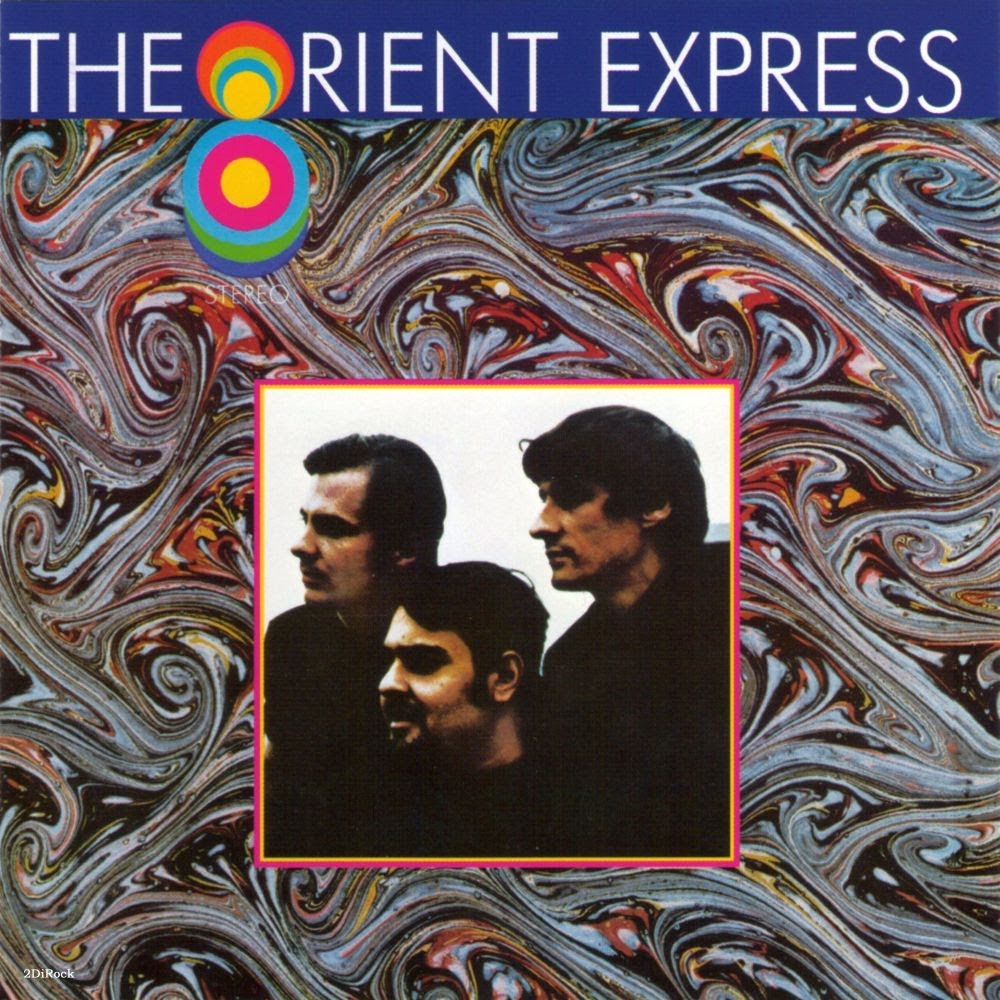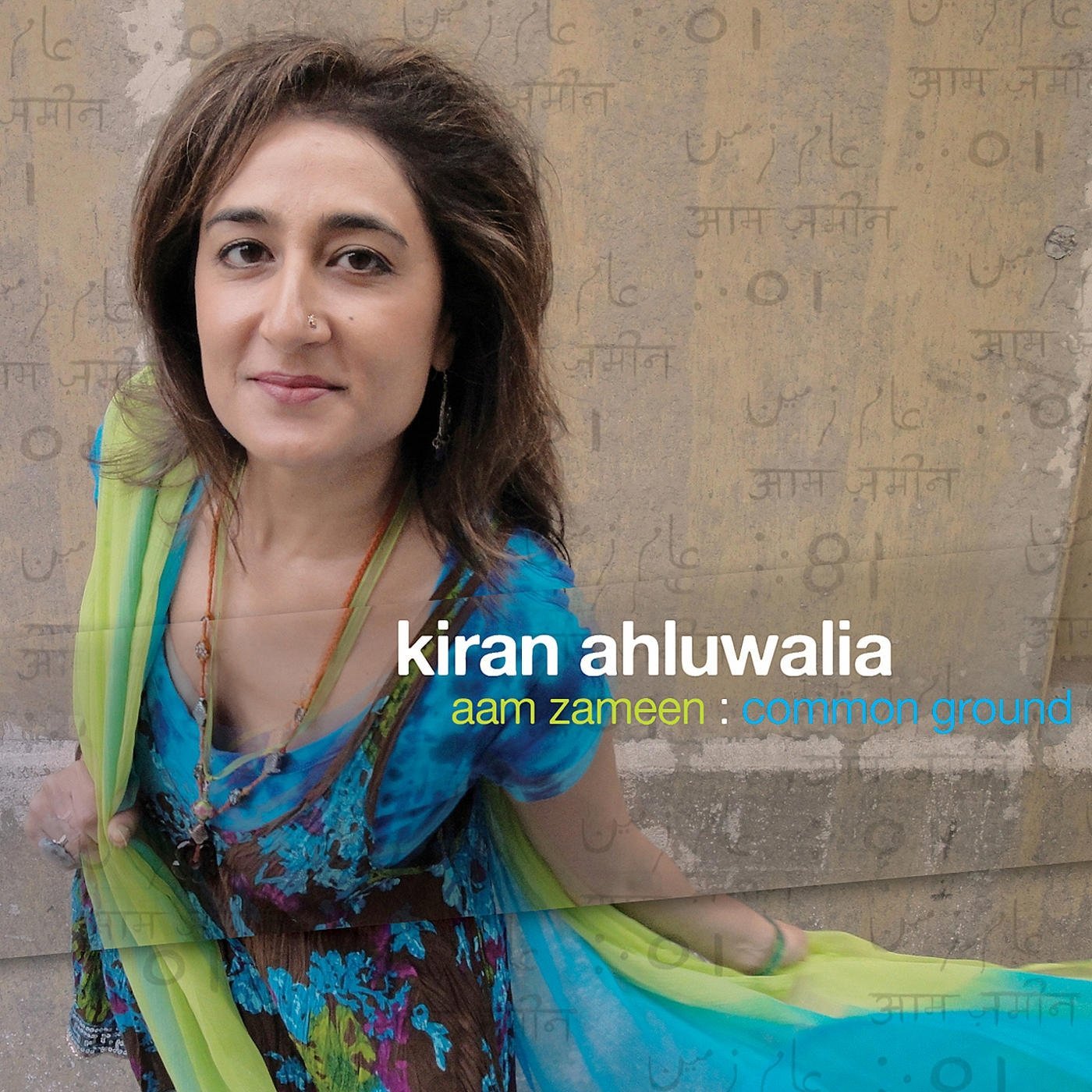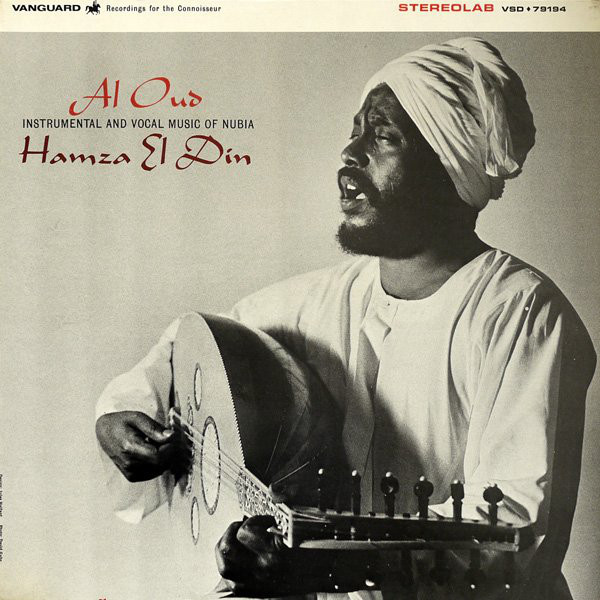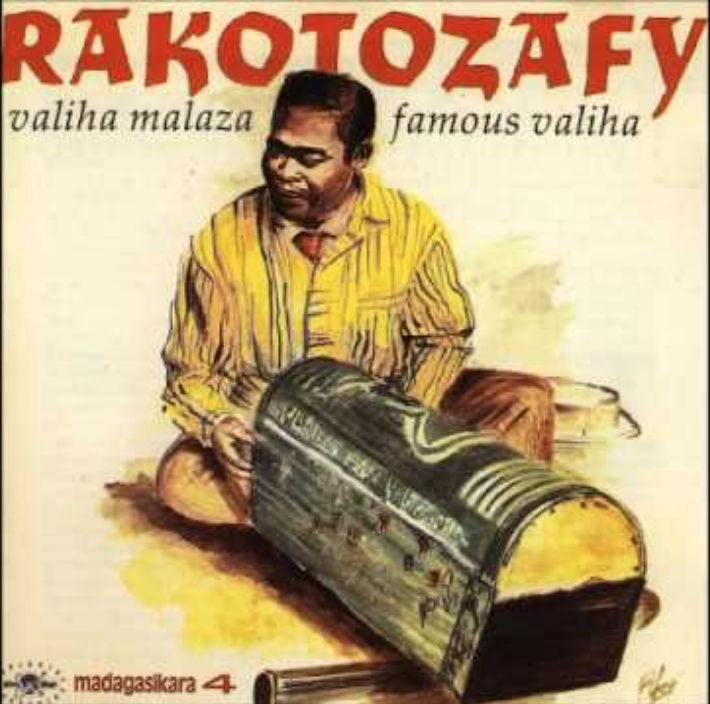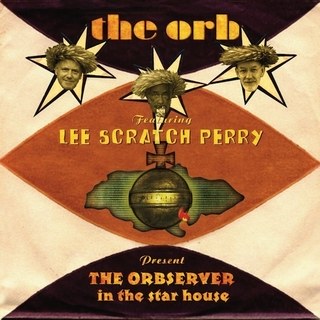Episode 02
Episode 02 was originally posted on June 18, 2018
Tracklisting:
01) "Brindavan Revel" by Ananda Shankar.
From the 1978 album A Musical Discovery of India.
The Shankar name is forever associated for many around the world with sitar music. However, Andanda Shankar chose not to study the instrument from his famous uncle, instead learning with Lalmani Misra at Banaras Hindu University. Allmusic.com says: that, though Ananda Shankar "never quite matched the success of his uncle, but made a significant impact in the '70s psychedelic underground scene by combining Western electronics and Indian music to create instrumental jams and moody soundtracks."
In the late 1960s, Shankar travelled to Los Angeles, where he played with Hendrix and others. During this time, he signed to Reprise Records and released his first album. The self-titled featured original Indian classical compositions alongside sitar-based cover versions of the Rolling Stones, The Doors and others. The album is included in the book 1001 Albums You Must Hear Before You Die.
"Brindavan Revel"is from the 1978 album A Musical Discovery of India.
02) "Fruit of the Desert" by the Orient Express.
From the 1969 album The Orient Express.
Prog Archives says: "The Orient Express is a multinational project born in the late 60's. It features three versatile musicians: Guy Duris (from France), Bruno Giet (From Belgium) and Farshid Goleshorkhi (from Iran). They published only one album together which can be seen as a dynamic blend of blasting acid ethno rock and luminous folkish raga music. An other perfect musical meeting between the West and the East."
This, the band's only album came out in 1969 and is a strong example of early Eastern/Western fusion.
Purchase the album at Amazon
03) "Mustt Mustt (Extended)" by Kiran Ahluwalia.
From the 2011 album Aam Zameen: Common Ground.
Kiran Ahluwalia is an Indian singer, born in India, raised in Canada and currently living in New York. Ahluwalia's music incorporates Western elements along with Indian and African Desert influences which she has worked on weaving together for years. Ahluwalia recalls on her website:
“When I was growing up in India”, she recalls, “there were concerts that people from all over would crowd into. These concerts featured a repertoire, language and content that was both demanding and beyond the experience of a child. I was, however, entranced by the sound and feel of the music, even from an early age.” My father would play tapes of Indian music for me and we would also listen to Bollywood on the radio”, Kiran recalls. “So when a song came on that I wanted to learn, my mother would quickly write down the lyrics for me and I would sing along to learn the melody”.
04) "Sumama" by Les Griots with Serge Franklin.
From the 1975 album Ouagadougou, Afrique : Exotissimo Vol. 8.
There seems to be very little online about this album and to be honest, we can't remember where/when we first encountered it (possibly over at Ghost Capitol?). Volume 8 of a series loosely known as "Pour Recevoir Vos Amis Comme À..." (Roughly translating as something akin to: "To receive as friends") which focused on music from around the world, this set was recorded in Paris and featured a group (from Burkina Faso?) simply referred to as "Les Griots" (A "griot" is "a member of a class of traveling poets, musicians, and storytellers who maintain a tradition of oral history in parts of West Africa.") and Serge Franklin, a multi-instrumentalist and soundtrack contributor.
Find out more about the album at Discogs
05) "Did Nura Remember (Gillina Nura)" by Hamza El Din.
From the 1965 album Al Oud.
Hamza El Din was one of the first African musicians to garner international sales. Many Deadheads will know El Din because he helped arrange the Dead's 1978 tour of Egypt. The two acts played together more than once during that time period (watch "Ollin Arageed" from Egypt 9-16-78). El Din played the oud, or the fretless lute. Hamza El Din .com remembers:
Born in Toskha, Nubia, in Egypt, Mr. El Din began playing oud while studying engineering at the University of Cairo. He also studied at the King Fouad Institute of Middle Eastern Music. Learning of plans to build the Aswan Dam, he quit his engineering job in Cairo and set off to preserve Nubian music before the people were dispersed. With his oud, an instrument unknown in Nubia, he traveled from village to village by donkey, gathering songs. He was playing in traditional Arabic style; it wasn't until his music acquired a distinctly Nubian flavor that it caught on.
06) "Ny Fitiavana Raho Vao Miaraka" by Rakotozafy.
From the 1965 album Madagasikara Vol. 4: Valiha Malaza.
Allmusic says: "He was called the Robert Johnson of Madagascar, which probably wouldn't be a bad thing to be if it didn't dictate such a tragic ending; Johnson died young. This artist, on the other hand, was involved in the accidental death of his son and finished out his life in prison." Considered the master of his instrument, which in this case was a variation of the stringed instrument the valiha. However, Rakotozafy souped up his instrument. Again, Allmusic:
"He created a version of this zither-like stringed instrument with a box roughly the shape of a suitcase, mounting sets of strings on opposite sides. Rakotozafy's instrument featured a total of 24 strings in the two sets, each set tuned to a different scale. His design, handmade from sheet metal, included a small bamboo log which served as a base for his marovany, as well as part of the instrument itself, providing even more resonation."
Ace Records adds: "This hot-rodding increased the range and sound of the instrument and gave him a sound not unlike a bluesman's national steel guitar."
Little seems to be known about Rakotozafy and the details of his death seem to be contested. One version claims that he drank himself to death using the advance money from this album while the other version purports that Rakotozafy physically assaulted his son, accidentally killing him, thus finishing his days in prison. Neither version seems particularly uplifting. But this music certainly is uplifting. Highly recommended.
Purchase the album at Amazon
07) "Golden Clouds" by The Orb Featuring Lee Scratch Perry.
From the 2012 album Present The Orbserver In The Star House.
The UK group of rotating members (with the exception of the one constant Dr. Alex Paterson) are often credited with pioneering the ambient house genre. The group has always toyed with elements of dub, so the 2012 collaboration with legendary reggae producer Lee "Scratch" Perry should come as no surprise. After all, Perry seems to be everywhere anyways. Not that we're complaining. Perry is a wizard.
Here, the team reimagines The Orb's 1991 classic "Little Fluffly Clouds." Enjoy.
Visit the world map for this week's artists. This week’s artists are represented by green map-points.


